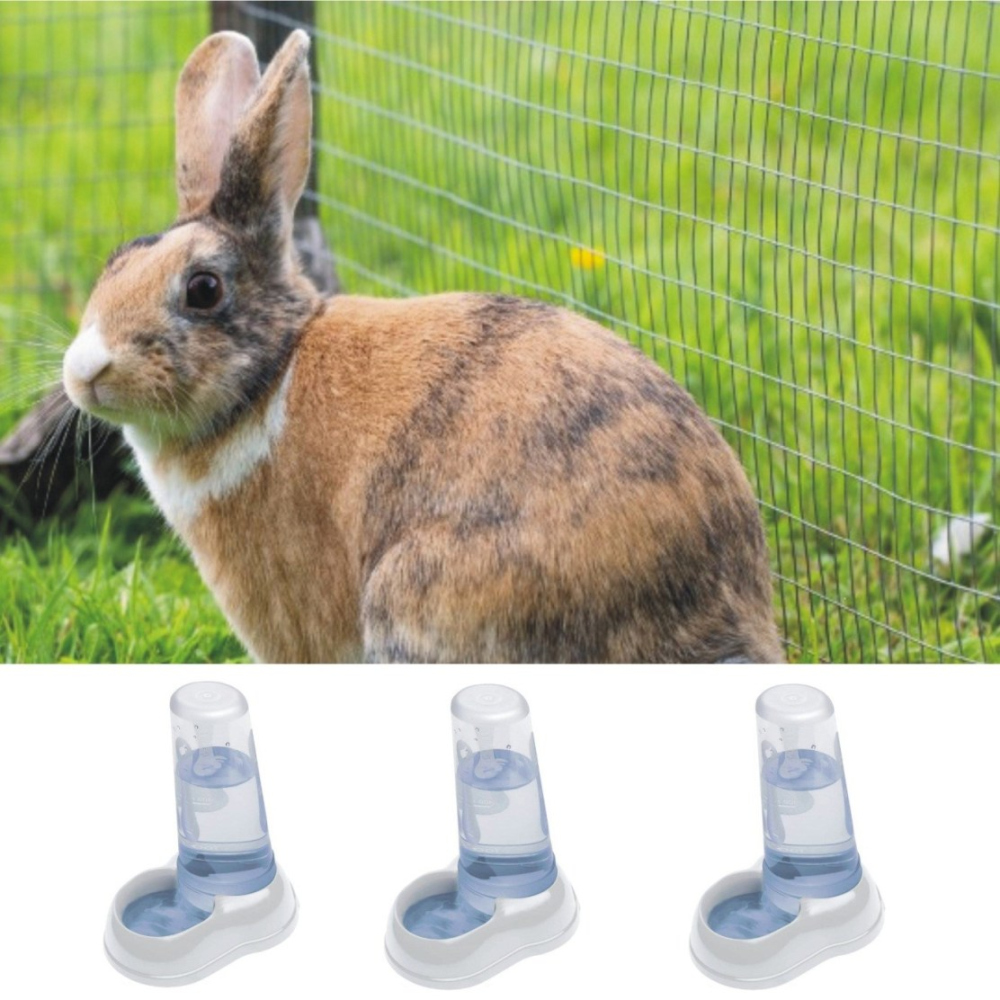How to Tell If Rabbit is Dehydrated?
Ensuring that your rabbit remains hydrated is crucial for its overall health and well-being. Dehydration can lead to a range of health issues in rabbits, so it’s important to be able to identify the signs and take appropriate action. In this article, we will discuss how to tell if your rabbit is dehydrated.

Signs of Dehydration in Rabbits
Recognizing the signs of dehydration in rabbits is essential for prompt intervention. Here are some common indicators that your rabbit may be dehydrated:
- Dry or sticky gums
- Sunken or dull eyes
- Lethargy or weakness
- Loss of appetite
- Reduced or absent urine output
- Weight loss
- Decreased skin elasticity
If you notice any of these symptoms in your rabbit, it’s essential to take immediate action to prevent further dehydration and potentially serious health problems.
Testing Skin Elasticity
One effective way to assess your rabbit’s hydration status is by checking its skin elasticity. Gently lift the skin on the back of your rabbit’s neck and then release it. If your rabbit is well-hydrated, the skin should quickly return to its normal position. However, if the skin takes a few seconds to return or remains elevated, it is likely that your rabbit is dehydrated.
Monitoring Water Consumption
Keeping track of your rabbit’s water intake is a great way to gauge its hydration levels. Rabbits typically consume around 50-150 milliliters of water per kilogram of body weight each day. Ensure that your rabbit has access to fresh water at all times and monitor the amount it drinks. A sudden decrease in water consumption can indicate dehydration.
Preventing Dehydration
Prevention is always better than intervention when it comes to dehydration in rabbits. Here are some steps you can take to ensure your rabbit remains properly hydrated:
- Provide fresh water: Make sure your rabbit has access to clean, fresh water at all times. Change the water daily to keep it free from contaminants.
- Offer moist foods: Incorporate fresh vegetables with high water content, such as lettuce, cucumber, and celery, into your rabbit’s diet. This will provide additional hydration.
- Avoid excessive heat: Ensure your rabbit’s living environment is adequately ventilated and kept at a comfortable temperature. High temperatures can increase the risk of dehydration.
- Regular grooming: Brushing your rabbit’s fur helps to prevent matting and facilitates proper airflow, which aids in temperature regulation and prevents overheating.
By following these preventive measures, you can significantly reduce the risk of dehydration in your rabbit.
FAQs
1. Can dehydration be fatal for rabbits?
Dehydration can be life-threatening for rabbits, especially if left untreated. It can lead to organ failure, electrolyte imbalances, and other severe health complications. Promptly addressing dehydration is crucial to your rabbit’s well-being.
2. How long can rabbits survive without water?
Rabbits cannot survive for long without water. While the exact duration varies depending on factors like temperature and overall health, rabbits generally become severely dehydrated within 24-48 hours of inadequate water intake.
3. What are some ways to encourage a dehydrated rabbit to drink?
If you suspect your rabbit is dehydrated, there are a few things you can try to encourage it to drink:
- Offer fresh vegetables with high water content, such as lettuce or zucchini, which can provide additional hydration.
- Try providing water in a shallow dish or even a water bottle with a wider spout to make it easier for your rabbit to drink.
- Offer a variety of water sources, such as ceramic bowls and water bottles, to see which your rabbit prefers.
- Consult with a veterinarian for further guidance and potential treatments.
4. When should I seek veterinary help for a dehydrated rabbit?
If you suspect your rabbit is dehydrated or notice any of the aforementioned signs, it is crucial to consult with a veterinarian. They can assess your rabbit’s condition, provide appropriate treatment, and offer further advice on preventing dehydration in the future.
Remember, maintaining your rabbit’s hydration is vital for its overall health and well-being. By knowing how to identify the signs of dehydration and taking preventive measures, you can help ensure a happy and healthy life for your furry companion.
Related Articles…
Copyright Notice:
All images on this website are obtained from the internet and remain copyrighted to their original owners. If you hold copyright to any image and want it taken down, please reach us.